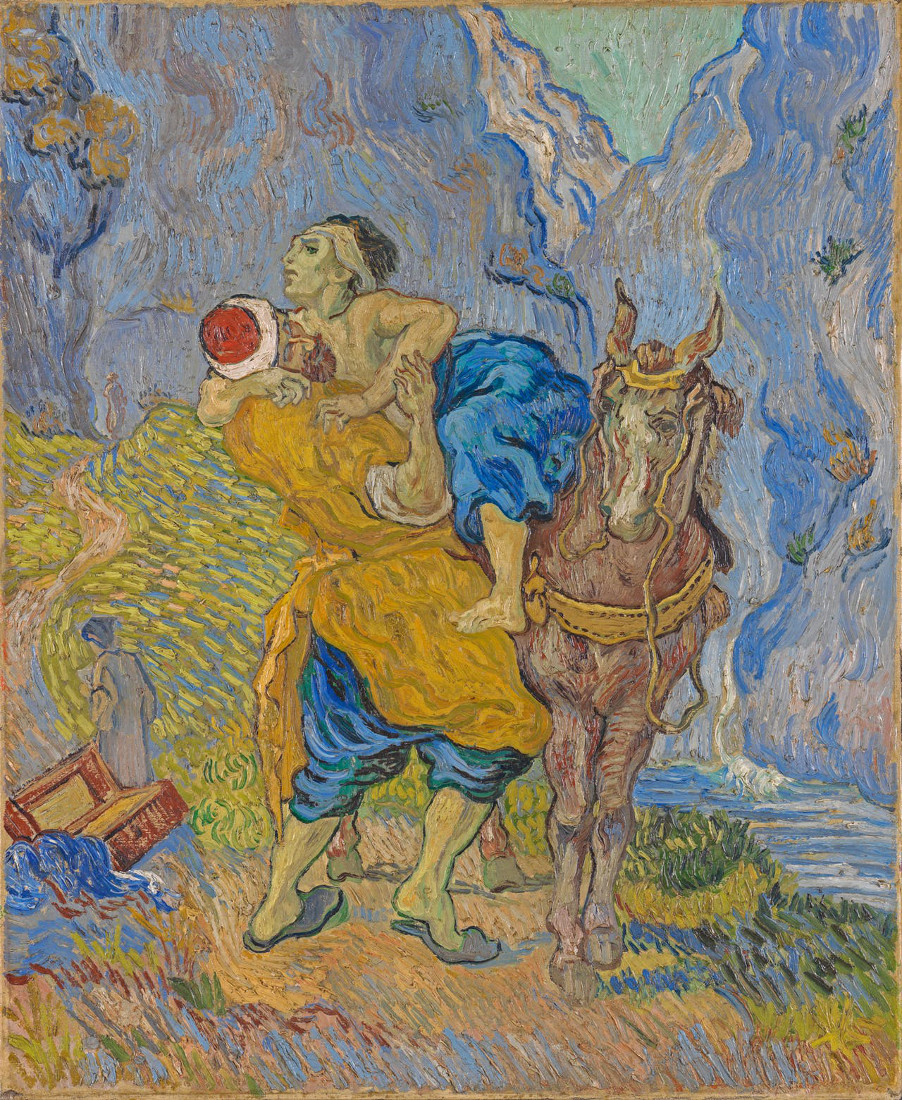John Calvin, Sermon on Gen. 2.1-6, preached on September 19, 1559, in John Calvin,
Sermons on Genesis, p. 127:
We are not to spend a single minute without considering [God].
Switzerland is known, among other things, for its watches, but how did it come to be so? When the Reformation came to Switzerland, jewelers and goldsmiths, who had previously devoted their labors to the creation of idols in the service of the Roman Catholic Church found themselves prohibited from making instruments of idolatry as well as "useless [ostentatious] jewelry." Faced with the need to find new opportunities to practice their craft, watchmaking became Geneva's specialty. As Huguenot artisans emigrated to this city of refuge, Geneva built its reputation over the following centuries as the center of the time-keeping world, Greenwich mean time notwithstanding.
Max Engammare, General Director of Librarie Droz, puts forward a thesis in his 2004 book
L'ordre du temps: L'invention de la ponctualité au XVIe siècle (translated by Karin Maag in 2009 under the title
On Time, Punctuality, and Discipline in Early Modern Calvinism) that we owe much of the modern concept of punctuality or "being on time" as a virtue and indeed an ethical obligation to both to the rise of Genevan watchmaking and the spiritual regulation of time as a limited commodity to be measured and spent wisely. This thesis is also discussed in a May 20, 2009
Haute Horlogerie magazine article:
"How Calvin invented punctuality, 500 years ago." As time-pieces proliferated, church and society became increasingly conscious of the flow of time and the importance of redeeming it rather than wasting it in idleness (Eph. 5.16). The use of hourglasses to monitor the length of sermons, fines issued for tardiness relating to church attendance, the conversion of ecclesiastical calendars from liturgical festival days (cyclical) to historical (linear) non-liturgical commemorations, the recording and accounting of time spent in personal diaries and journals -- each of these represent applications of the principle that the measuring and profitable use of time is a virtue.
Engamarre examines the writings of Calvin, and other literature, including Huguenot calendars, to articulate this thesis. He does not attribute to technology the spiritual value put upon time in Calvin's Geneva, but rather notes that the convergence of technological and spiritual reckoning of time has bequeathed to our age the virtue of punctuality in a way not found previously in history. If the increased consciousness of time and precision in its measurement can be put to good use in tracking how we spend it and by inculcating a sense of accountability to God the giver of time, it is also true that perhaps never in human history has man experienced such stress as the pressures upon our personal time management. We often exclaim that we need more hours in the day to satisfy all of the demands upon our time. The reckoning of time is, perhaps, a two-edged sword.
Engamarre's book highlights Calvin's own personal time management and the encroachments upon his own schedule by messengers who waited upon him while he was forced write quickly to dispatch letters. While reading this, I was reminded of Pascal's famous saying, "I would have written a shorter letter, but I did not have the time" (
Provincial Letters: Letter XVI). Or the famous saying attributed to Martin Luther: "I have so much to do that I shall spend the first three hours in prayer." Men have always struggled with being busy or the temptation to be lazy. Though clocks and the electric light bulb have impacted the schedules of modern man in ways that the ancients could have not have imagined, yet the responsibility for improving upon the time given to us remains, and technology cannot be blamed if we fail to live each moment for God.
The Fourth Commandment still binds us to work six days and find our spiritual rest in worshiping God on his holy day. The Sixth Commandment still binds to the moderate use of sleep, recreation and labor. We may glorify God by resting our bodies as well as by working. "To every
thing there is a season, and a time to every purpose under the heaven:" (Eccl. 3.1). Or, in Engamarre's words: "A moment for everything and something for every moment."
To return to first principles concerning time, we ought to heed the prayer of Moses, "So teach us to number our days, that we may apply our hearts unto wisdom" (Ps. 90.12), as well as the admonition of the Apostle to be "wise, Redeeming the time, because the days are evil" (Eph. 5.15-16). With such wisdom may we reckon our time as a precious gift, not to be wasted, of which we are stewards who must give account to our heavenly Master. The watch is not our master, but a means to an end that we may reckon each moment and spend it to God's glory.
.jpg/220px-Richard_Rogers_(1550%E2%80%931618).jpg)






